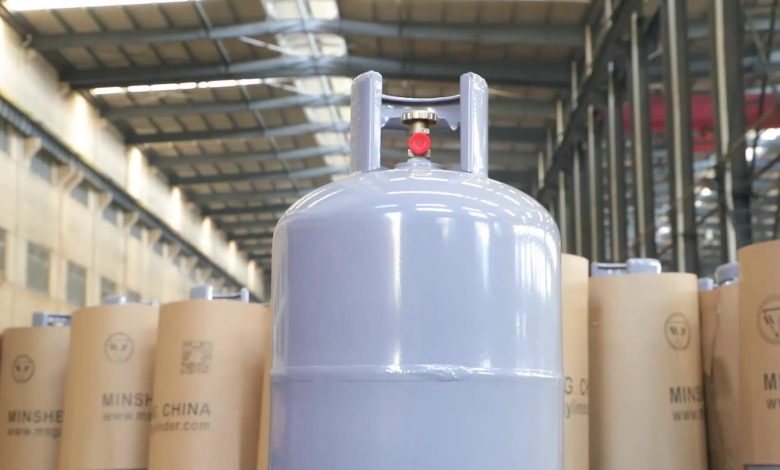Things You Should Know Before You Exchange Your Propane Tank

If you’re running out of propane and need a new one, you may need to exchange your propane tank. However, there are some things you should know before you do so. Propane tanks can only be refilled when they’re certified. If you’re in the market for a new tank, make sure to check the recertification date on your current tank. If it’s over twelve years old, you can still use it, but it will be useless until it can be properly recertified.
The first thing you should know about propane tank exchange is that the company will fill your tank to about seventy-five percent of its capacity. They’ll tell you it’s for safety reasons, but you’re already familiar with this legal requirement. By law, propane companies are required to leave 20 percent of the tank empty, so the exchanger will be filling your tank to 75 percent of its capacity. In other words, if you’re planning on using the tank for more than 20 lbs., you should expect to pay more than the average refill price.
Another way to save money on gas is to exchange your propane tank at a retail store. Gas stations are everywhere, and gas stations are usually the most convenient places to exchange propane tanks. Propane exchange stores are usually open late and often have other services besides tank refills. You can also find exchange services at grocery stores, gas stations, and convenience stores. The exchange process is fast and convenient, and you can exchange your tank in the store. And, these companies will deliver and remove your old propane tank from your property.
If you need to exchange your tank, make sure to check the expiration date. If you aren’t sure about the date, you can always exchange it for a new one at Walmart or another store. These stores will usually exchange the old tank and give you a new one, which is more convenient for you. However, make sure to keep your propane tank in good condition and avoid putting it out for exchange if it isn’t working properly.
You can also weigh your propane tank to see how much propane it has. Most tanks have a sticker with two weights stamped on the collar. One represents the empty weight and the other weighs the full weight. A full tank should weigh around 37 pounds. You should also write down the weight of the tank. However, this method is less accurate than weighing the tank when it’s empty. It’s best to weigh it while it’s empty. Learn more about the retail propane exchange now.
Before you exchange your propane tank, be sure to remove any air. If there’s air inside, the liquid will not be able to compress as well, which prevents it from filling properly. This process can take several minutes and eat up some propane. When you’re done, open the bleeder valve, and let the propane vapor escape. Then, put your propane tank back together. Then, it’s time to exchange your propane tank.
Most retail stores offer a propane tank exchange program. These retailers may accept your old grill tank or one that’s different in brand. These retail locations also offer services to refill your old grill tanks. So, if you’re not able to find a retailer to exchange your propane tank, check out these options. There’s likely a Blue Rhino store near you that can help you exchange your tank. These locations can also be helpful for you to dispose of your propane tank and get a fresh one. Get in touch with Propane Ninja for hospitality heating.
In the market today, there are three valve types and sizes available for propane tanks. Choose the one that suits your needs. POL and ACME valves have outdated safety protocols, and you should consider an OPD valve if you can afford it. If you’re in the market for a new tank, be sure to check the safety protocol of the new valve before you exchange it. The more energy you’re using, the larger the tank must be.
Propane tanks are designed to be filled about 80% of the way. If you leave them in the sun, they tend to get cold, which causes them to expand. If a propane tank is not fully filled, it may exceed its safety pressure value. The escaping gas is highly flammable and could be a safety hazard. In addition, storing a propane tank in an enclosed area can be risky. So, it’s always a good idea to find a company who can exchange a propane tank for you.



